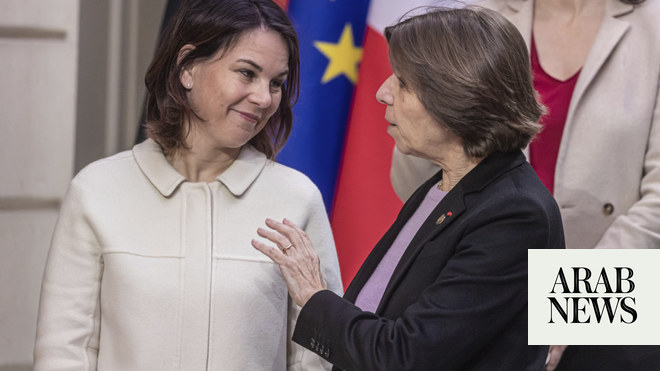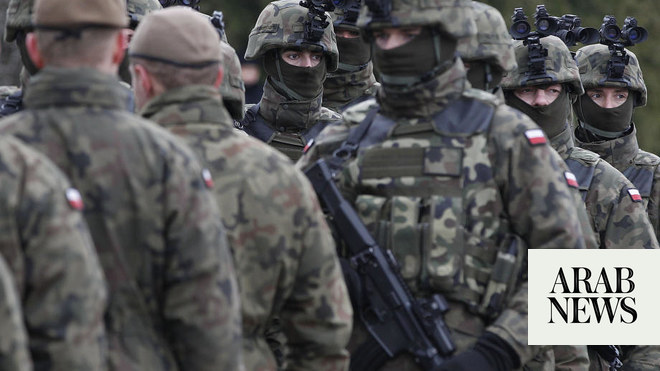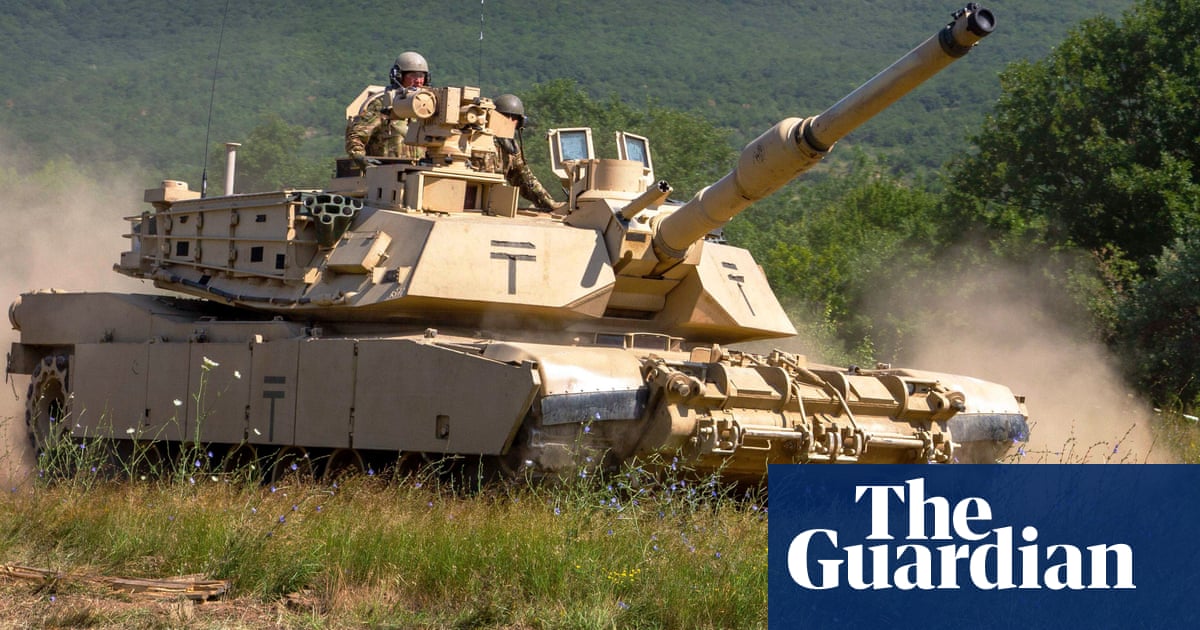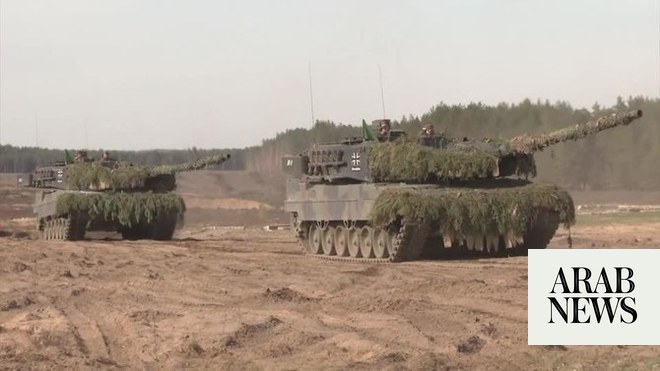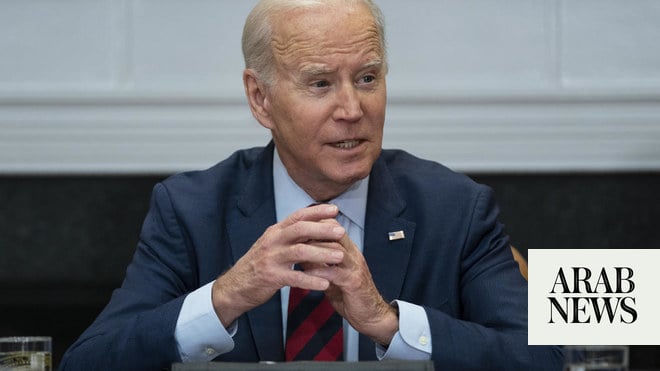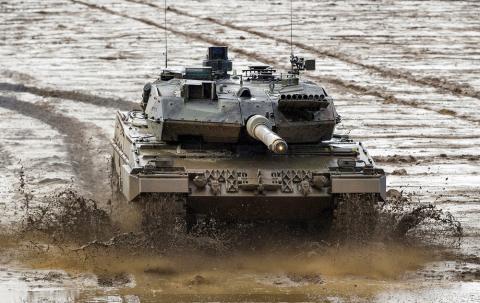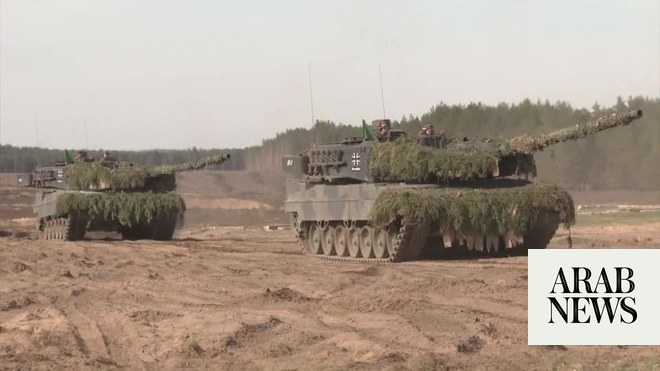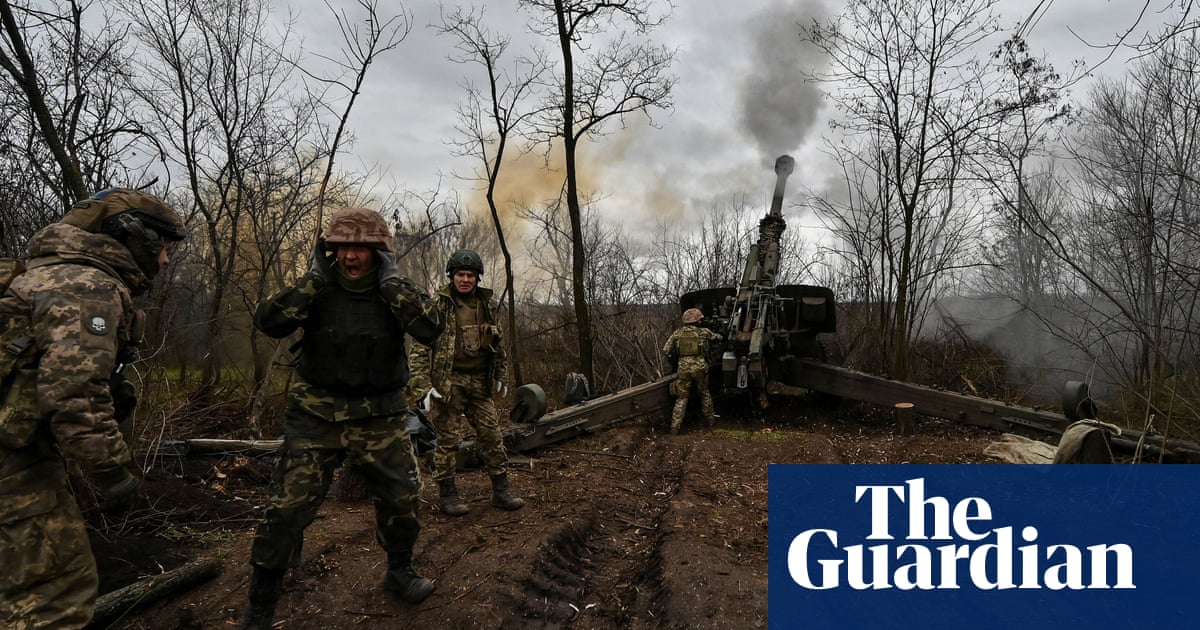
Germany would not “stand in the way” of Poland sending Leopard tanks to Ukraine, foreign minister, Annalena Baerbock, has said, in what appeared to be the clearest signal yet from Berlin that European allies could deliver the German-made hardware.
Asked in an interview with French television station LCI what would happen if Poland sent its Leopard 2 tanks without German approval, Baerbock replied through a translator: “For the moment the question has not been asked, but if we were asked we would not stand in the way.”
Heavy diplomatic pressure has been building on Berlin to send its tanks, or at least allow countries that bought them from German to re-export them. As the producer of the Leopard tanks, Berlin has a veto on their transfer.
But at a special international summit on Friday at the US military base in Ramstein, in south-west Germany, Berlin had stubbornly declined to take a decision on whether to give Leopard 2 tanks to Ukraine, leading to growing frustration from Kyiv and its allies.
On Sunday, Poland’s prime minister, Mateusz Morawiecki, criticised Germany’s failure to supply the hardware to Ukraine.
“Germany’s attitude is unacceptable. It has been almost a year since the war began. Innocent people are dying every day,” Morawiecki said. “Russian bombs are wreaking havoc in Ukrainian cities. Civilian targets are being attacked, women and children are being murdered.”
He went on: “I try to weigh my words but I’ll say it bluntly: Ukraine and Europe will win this war – with or without Germany.”
It had been hoped in Kyiv and the US that Germany would allow Leopards owned by countries such as Poland and Finland to be re-exported. However, Germany’s defence minister, Boris Pistorius, said despite heightened expectations, “we still cannot say when a decision will be taken, and what the decision will be, when it comes to the Leopard tank”.
Morawiecki said he was waiting for “a clear statement” from Berlin.
Poland has announced it is ready to deliver 14 Leopard tanks to Kyiv. Morawiecki had said that if Germany continued to refuse to supply the tanks to Ukraine, “we will set up a ‘small coalition’ of countries ready to donate some of their modern equipment, their modern tanks”.
In an interview aired after Baerbock’s, the German defence minister, Boris Pistorius, said that he expected a decision soon on the delivery of tanks to Ukraine. Speaking in an interview on Germany’s ARD TV on Sunday, Pistorius said that Germany would not make a hasty decision because the government had many factors to consider, including consequences at home for the security of the German population.
In a joint statement Saturday, the foreign ministers of Lithuania, Estonia and Latvia had also urged Germany “to provide Leopard tanks to Ukraine now”.
James Cleverly, the UK’s foreign secretary, weighed into the dispute during an interview earlier on Sunday with Sky News.
“Of course, I would like to see the Ukrainians equipped with things like the Leopard 2 as well as the artillery systems that have been provided by us and by others,” he said. “I will keep having those conversations with our Nato allies and friends, to facilitate the donation of the best military equipment to Ukraine to help them defend themselves against this brutal invasion.”
During a visit to France to mark 60 years of postwar Franco-German cooperation, the chancellor, Olaf Scholz, said Germany was supporting Ukraine and would do so for “as long as necessary”.
France’s president, Emmanuel Macron, said his government was examining the case for sending Leclercs, the main battle tank of the French army. “Nothing is excluded,” he said, while noting that such a move would be coordinated “collectively” with allies.
As European governments squabbled over the issue, Russia claimed to have made advances in Ukraine’s Zaporizhzhia region.
After months of stalemate in the south-eastern oblast, Moscow-installed officials said the front was now “mobile” while the Ukrainian army reported that 15 settlements had come under artillery fire.
“Attempting to probe our defence, the enemy has activated artillery fire,” wrote Oleksandr Starukh, governor of the Zaporizhzhia region of south-eastern Ukraine, on the Telegram messaging app.
Russia fired on the region 166 times through the day, Starukh said, with 113 attacks aimed at populated areas, killing one civilian.
Moscow said its troops were on the move towards Orikhiv, about 30 miles south of the regional capital, Zaporizhzhia, and Huliaipole, a city farther east, although Ukrainian officials said the level of progress had been exaggerated.
Yevhen Yerin, a Ukrainian military spokesperson in Zaporizhzhia, told the public broadcaster Suspilne: “At the moment, they have not captured anything. All their attempts have been repulsed and the enemy has suffered losses.”
He added that the assaults had not been large in scale.
Earlier this week, a Russian-installed official, Vladimir Rogov, had announced a “local offensive”, adding that the Russian army had taken control of the village of Lobkove, near the Dnipro River. He also said this week that the fighting had “sharply increased” in the southern region.
On Sunday, Rogov told the Russian state news agency Ria Novosti: “The front is mobile, especially in two directions: Orikhiv and Huliaipole.” He added that the initiative was with Moscow.
Vladimir Putin claims to have annexed the Zaporizhzhia oblast along with three other eastern Ukrainian regions, but for all the Russian president’s boasts his forces do not control large swathes of the territory, including its main city.
The Russian push in Zaporizhzhia will nevertheless be a cause of concern in Kyiv at a time when the promise of western tanks is proving difficult to secure.
With the debate around tanks continuing, Vyacheslav Volodin, speaker of the Russian Duma – the country’s lower house of parliament – said Nato was leading the world to a “terrible war”.
“If Washington and Nato countries supply weapons that will be used to strike civilian cities and attempt to seize our territories, as they threaten, this will lead to retaliatory measures using more powerful weapons,” he said on the Telegram messaging app. “Arguments that the nuclear powers have not previously used weapons of mass destruction in local conflicts are untenable. Because these states did not face a situation where there was a threat to the security of their citizens and the territorial integrity of the country.”
Meanwhile, the former British prime minister Boris Johnson, who has been engulfed in a scandal over his finances in recent days, appeared in Bucha and Borodianka, north of Kyiv, to give his support. Johnson’s visits to Ukraine have often coincided with moments of domestic crisis. “This is the moment to double down and to give the Ukrainians all the tools they need to finish the job,” he said in a statement.




